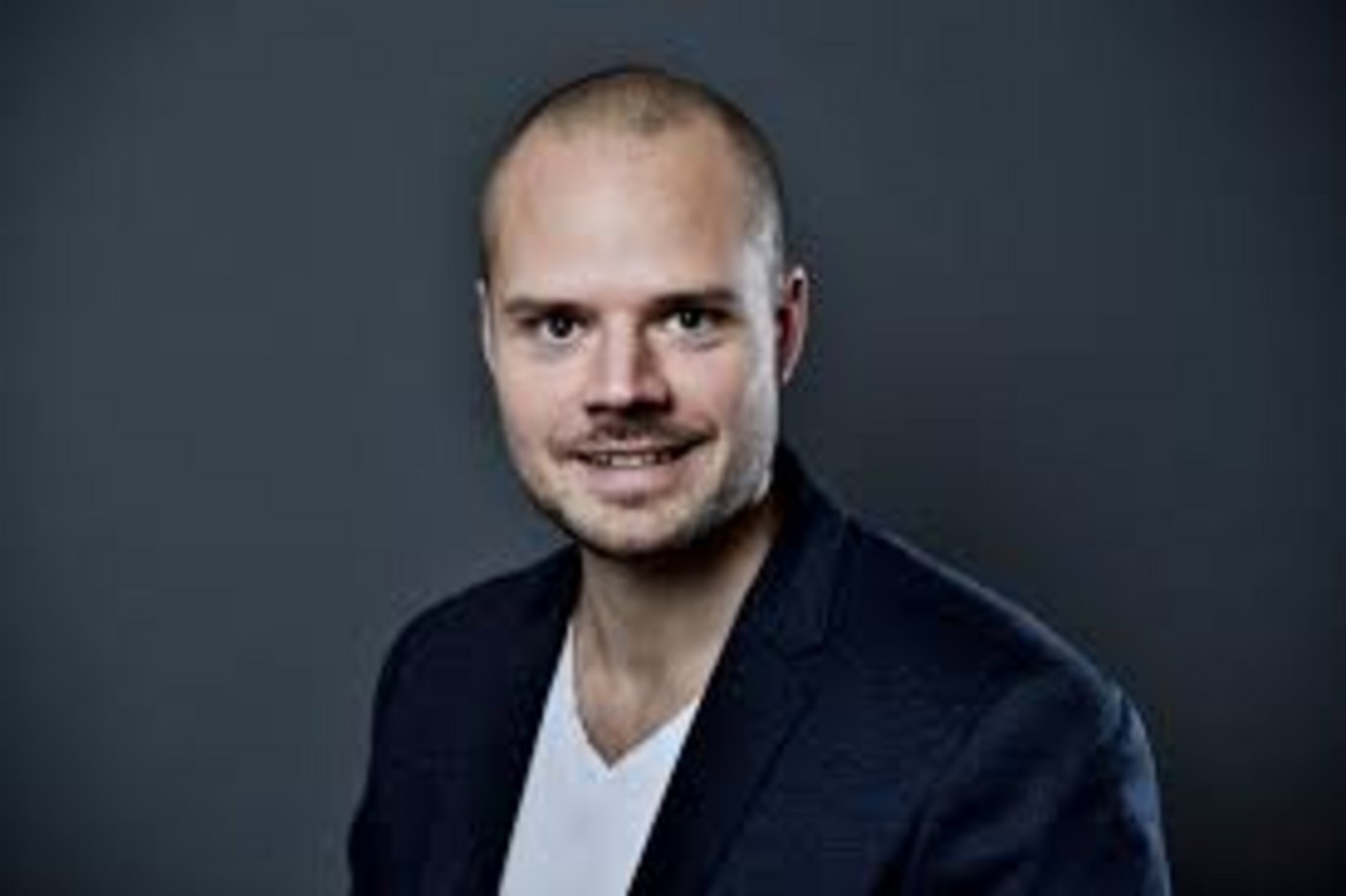"An Exponential Separation Between Quantum and Quantum-Inspired Classical Algorithms for Machine Learning" by Professor Kasper Green Larsen
Achieving a provable exponential quantum speedup for an important machine learning task has been a central research goal since the seminal HHL quantum algorithm for solving linear systems and the subsequent quantum recommender systems algorithm by Kerenidis and Prakash. These algorithms were initially believed to be strong candidates for exponential speedups, but a lower bound ruling out similar classical improvements remained absent. In breakthrough work by Tang, it was demonstrated that this lack of progress in classical lower bounds was for good reasons. Concretely, she provided a classical counterpart to the quantum recommender systems algorithm, reducing the quantum advantage to a mere polynomial. Her approach is quite general and was named quantum-inspired classical algorithms. Since then, almost all the initially exponential quantum machine learning speedups have been reduced to polynomial via new quantum-inspired classical algorithms. From the current state of affairs, it remains unclear whether exponential quantum speedups can be achieved for any natural machine learning task.

Info about event
Time
Location
iNANO Aud (1592-012)
Organizer
QUBITS format
45-minute talk followed by refreshments and informal discussions.
About the talk
In this talk, Kasper Green Larsen presents the first provable exponential separation between quantum and quantum-inspired classical algorithms. The separation is shown for the basic problem of solving a linear system when the input matrix is well-conditioned and has sparse rows and columns.
This is joint work with Allan Grønlund, Kvantify.
About the speaker
Kasper Green Larsen is a Professor in Computer Science at Aarhus University, specializing in theoretical computer science, algorithms, and computational complexity. His research focuses on understanding the fundamental limits of computation, including quantum computing and classical algorithmic lower bounds. He has made significant contributions to data structures, communication complexity, and quantum-inspired classical algorithms.
Larsen has received multiple awards for his work, including the Presburger Award for outstanding contributions to theoretical computer science. His research aims to bridge the gap between quantum and classical computing, exploring when and how quantum algorithms can achieve true computational advantages.
STAY UPDATED!
Don’t miss out on upcoming QUBITS Seminars and other news from Quantum Campus Aarhus. Sign up for updates via our mailing list here:
👉 https://projects.au.dk/quantum/sign-up
You can unsubscribe at any time.
